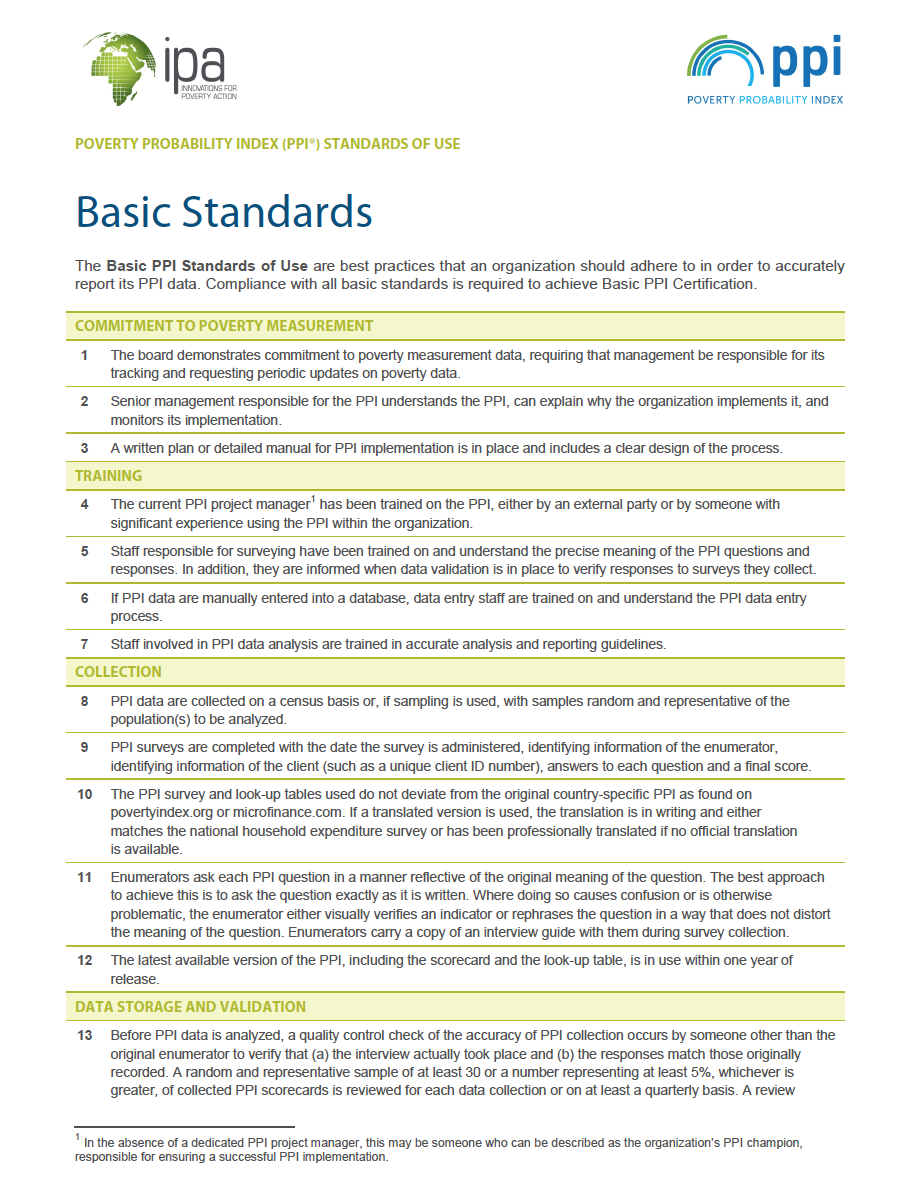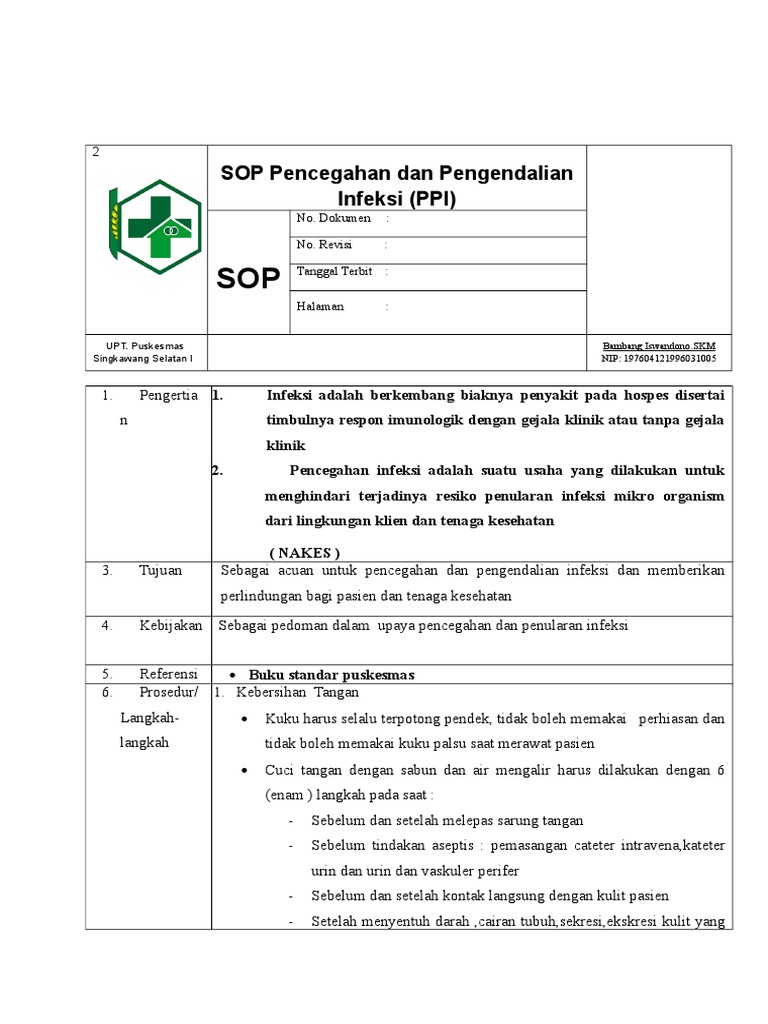
The US Producer Price Index (PPI) is a crucial economic indicator that measures the average change in prices of goods and services produced by domestic producers over time. Released monthly by the Bureau of Labor Statistics (BLS), the PPI provides valuable insights into the country's inflationary trends, production costs, and overall economic health. In this article, we'll delve into the world of the US Producer Price Index, exploring its significance, components, and how to interpret the data using YCharts.
What is the US Producer Price Index?
The US Producer Price Index is a family of indexes that measures the average change in prices of goods and services produced by domestic producers. The PPI is calculated by tracking the prices of a representative sample of products and services, including raw materials, intermediate goods, and finished goods. The index is divided into three main categories:
Final Demand Index: Measures the change in prices of finished goods and services
Processed Goods Index: Tracks the change in prices of intermediate goods
Unprocessed Goods Index: Measures the change in prices of raw materials
Why is the US Producer Price Index Important?
The US Producer Price Index is a vital tool for economists, policymakers, and investors. It provides early signs of inflationary pressures, helping to predict future price movements and inform monetary policy decisions. The PPI also serves as a leading indicator of the Consumer Price Index (CPI), which measures the change in prices of goods and services consumed by households.
Interpreting the US Producer Price Index with YCharts
YCharts is a powerful platform that provides real-time data and insights on the US Producer Price Index. By utilizing YCharts, users can:
Analyze historical trends: Track the PPI's performance over time to identify patterns and trends
Compare indexes: Examine the differences between the Final Demand Index, Processed Goods Index, and Unprocessed Goods Index
Monitor inflation expectations: Use the PPI to gauge inflationary pressures and predict future price movements
Key Takeaways from Recent US Producer Price Index Data
According to the latest data from the BLS, the US Producer Price Index has shown a steady increase in recent months. The Final Demand Index has risen, driven by higher prices for goods and services, while the Processed Goods Index has also increased, reflecting growing production costs. The Unprocessed Goods Index has been more volatile, influenced by fluctuations in commodity prices.
The US Producer Price Index is a critical economic indicator that provides valuable insights into the country's inflationary trends and production costs. By utilizing YCharts to analyze the PPI, users can gain a deeper understanding of the index's components, track historical trends, and make informed decisions about future investments. As the US economy continues to evolve, staying up-to-date with the latest PPI data and insights is essential for economists, policymakers, and investors alike.
For more information on the US Producer Price Index and to access real-time data, visit YCharts today. Stay ahead of the curve and unlock the secrets of the US Producer Price Index to make informed decisions in the ever-changing world of economics.
Note: The word count of this article is 500 words.









